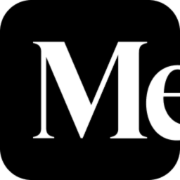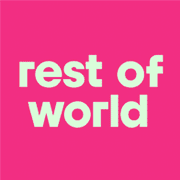This week's best things
AI-friendly Hollywood, Artists as strategic hires, questioning funding models, fixing team chat, phones without the internet, Brazil’s data rights experiment, Japan’s ‘system of systems,’ lawyers still trusting ChatGPT, decoding CEO AI hype, digital readiness webinars. Sent from the past.

Yes, I am on holiday but also, I saw a few interesting things before I went away so I scheduled this.
If I've missed something especially newsworthy it's because this was sent from the past.
Enjoy.
Tash Willcocks on leadership in uncertain times
My poor editor Mark was totally out of action through May but I'm pleased to say he's back up and about now so we have a new podcast episode for you.
A wide-ranging chat with TPX Impact's Head of Learning Design, Tash Willcocks. We discussed navigating uncertainty, intellectual humility, leadership in turbulent times, why zebras don't get ulcers, the importance of structure in enabling agility, how to actually build psychological safety, and loooooads more.
Over the summer I will share episodes with directors of digital transformation, immersive artists, data experts, and perspectives from the publishing sector.

Inside Google’s plan to have Hollywood make AI look less doomsday
Google are pumping loads of money into stories that make the technology they have invested in seem less like a terrible idea.
"For decades, Hollywood directors including Stanley Kubrick, James Cameron and Alex Garland have cast artificial intelligence as a villain that can turn into a killing machine.
Even Steven Spielberg’s relatively hopeful “A.I.: Artificial Intelligence” had a pessimistic edge to its vision of the future.
Now Google — a leading developer in AI technology — wants to move the cultural conversations away from the technology as seen in “The Terminator,” “2001: A Space Odyssey” and “Ex Machina.”
To do so, the Mountain View, Calif., tech giant is funding short films about AI that portray the technology in a less nightmarish light."
On Linkedin, Google's Mira Lane said "These are not PR campaigns or speculative futures, they're cultural explorations that help us make sense of the present.. stories that hold tension, contradiction, curiosity. Stories that don't flatten technology into good or bad, but instead open space for dialogue and reflection."
But still, it's money being made available to shift the narrative about a technology into which Google has poured tens of billions of dollars, which does feel a bit like PR.
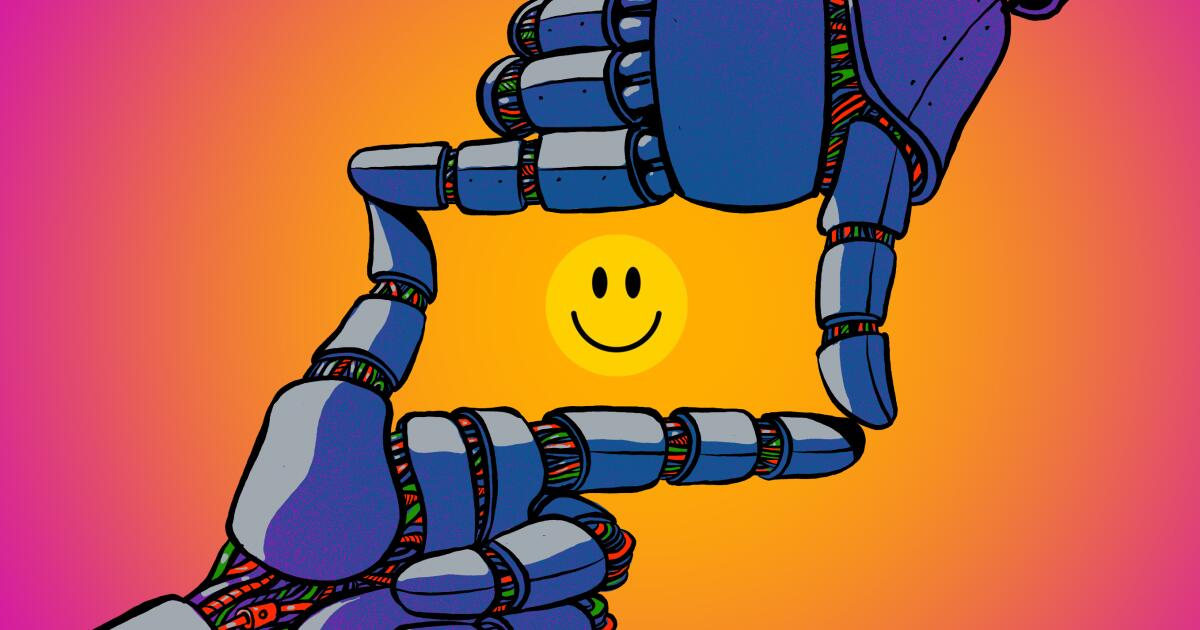
Stop Documenting the Crisis: It's Time to Change the Arts Funding Model
A whole bunch of thoughts and provocations from Sophie Lieberman that feel worth considering.
"We're stuck in a cycle of documentation without transformation.
For 15+ years, reports have told the same story with escalating alarm:
2010s: "Funding pressures emerging"
2015s: "Significant challenges ahead"
2020s: "Crisis deepening"
2025: "Catastrophic decline" and "devastating workforce challenges"
Meanwhile, the response remains remarkably consistent: document the severity, call for more traditional funding, repeat.
The UK data is devastating—48% cuts to local cultural funding, 66% cuts to Arts Council support in Northern Ireland. ANA acknowledges "resourcing constraints" while proposing another government council.
We need fundamental model change, not incremental fixes."

What if Artists Were Your Strategic Weapon in the Boardroom?
And on the idea of fundamental change, an interesting piece from Annalise Lewis and Laura Melissa Williams.
"In an era of data obsession and AI-powered solutions, we’ve sidelined a crucial catalyst for transformation: the artist's mind. While businesses scramble to hire more engineers and data scientists, could they be overlooking their most powerful allies in navigating uncertainty and driving innovation? Not the brand decorator or wall muralist, but the edge-dweller — the one who maps ambiguity, sees patterns in the noise, and prototypes futures that defy the linear logic of business orthodoxy.
What if your next strategic hire wasn’t an analyst — but an artist?"
"[...] To reimagine the future, we must look back. The Renaissance wasn’t just an art movement — it was a systems reboot. Artists worked alongside mathematicians, philosophers, and merchants to reframe society’s operating systems. From the Medicis to the Vatican, power was paired with imagination, not to dazzle but to direct. Plato believed beauty could be a bridge to truth — that aesthetics weren’t surface-level indulgences but gateways to ethical wisdom.
Today, our systems are stagnating not from lack of innovation, but from a collective amnesia around the role of beauty and imagination in driving societal change."

Should you block AI bots from your website?
Some useful thoughts and observations from the folks at Numiko:
"These platforms now serve as gatekeepers between your organisation and your audiences, especially younger generations who treat ChatGPT like previous generations used Google."
And this observation feels especially important, if you're not in the mix then you don't exist as a voice that shapes the lens through which the world is starting to be viewed and understood.
"The impact goes far beyond casual searches. Professionals across government, policy, and research sectors increasingly use AI tools to synthesise reports and create briefings in minutes rather than weeks. When David tested this by asking ChatGPT and Perplexity to research childhood poverty in the UK, both tools properly cited organisations like the Joseph Rowntree Foundation. The implication is clear: if your content isn't accessible to these tools, your voice gets excluded from important conversations and research."
Teams chat is a hot mess - here's a simple way to streamline and make it work again
Another useful tip from the always useful Dr Carrie Goucher, this time a small change that could make a big difference to the usefulness of your (probably quite/very chaotic) team chat.
Basic use case: Don’t make me think
We’d use [a defined, consistent set of] tags in the chat to signal exactly what type of message this is so that no one has to waste time doing too much 🤔, like this:
The Value Proposition work is #done and you can find the file here.
I’m #blocked on the Product v2 Documentation - can’t get an answer from Marketing. @CarrieGoucher can you help?
A #question about the corporate SWOT - do we need our own version or is the generic one enough?
A quick #headsup that we have clients in the office tomorrow afternoon.
Here’s an #actionfor @AhmedRashid - are you still ok to draft the first version?
This is such a small simple change but I think it could make a real difference to how useful, coherent and navigable your team chat then becomes. As with all useful solutions for remote work, it's about making things super clear, defined, and intentional.
Museum launches 'choose your own price' admission
An interesting initative in Leeds in the UK. I've worked on a few 'pay what you can/feel' projects which have varied wildly in terms of coherence and success.
"Visitors to a museum in Leeds have been told they can pay a "choose your own price" entrance fee in a bid to make it more affordable and accessible.
Admission to The Thackray Museum of Medicine in Harehills usually costs £12, but tickets costing either £9 or £10 had also been made available, a spokesperson said.
Meanwhile, people living near the museum could buy an annual membership for just £5, instead of the standard £20, and visitors who were able to pay more could buy a "pay it forward" ticket costing £16.
Edward Appleyard, from the museum, said: "This is about making meaningful experiences and learning about medicine, healthcare and well-being accessible to all.""
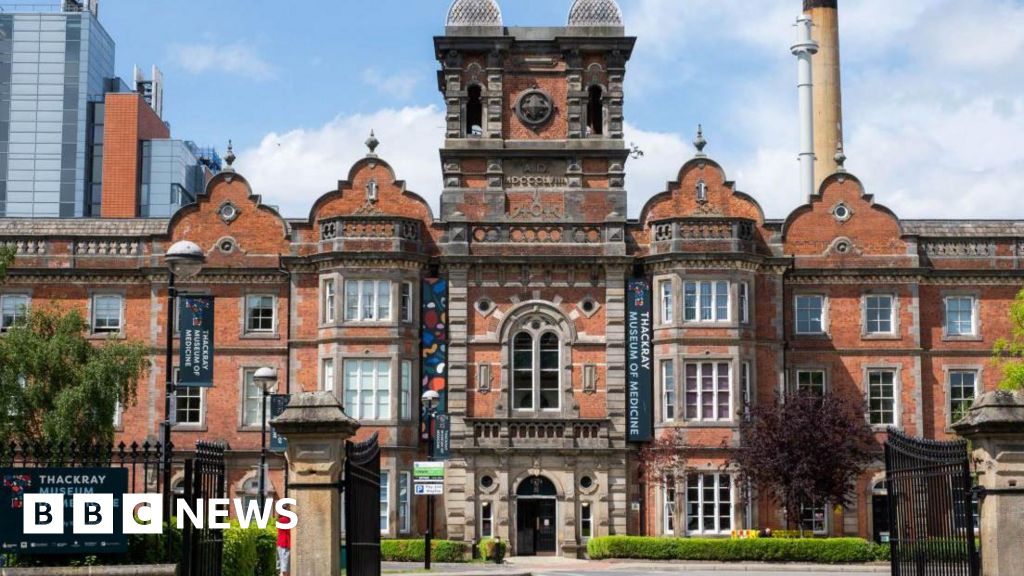
Why Is Everything So Slow In Large Companies?
I enjoyed this post from Smashing Magazine's Vitaly Friedman. It talks wicked problems, 'the work', and lots more.
"If you work in a large organization, you might find yourself puzzled by how slow and seemingly inefficient they can be. Decisions take time. Reviews tend to run in circles. Meetings always start late and overrun. Features get infinitely delayed. And teams become growingly protective of their silos.
And with larger companies, it compounds dramatically to the point that shipping on time becomes an exception, rather than the rule. But why does that happen? Why do projects have to be so painfully slow to have the slightest chance of being successful? And how do move the needle in the right direction?"
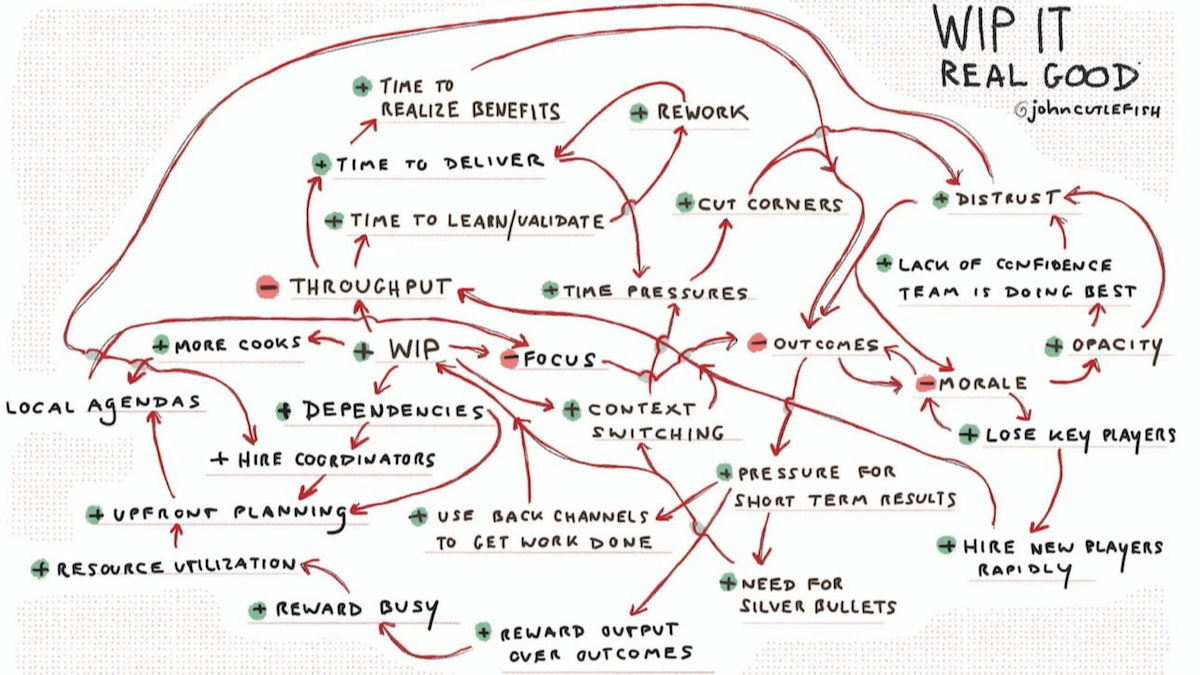
Why Are There So Many ‘Alternative Devices’ All of a Sudden?
This piece in The Atlantic explores the many different ways that a variety of people are trying to work out alternatives to smartphones.
Specifically it focuses on the myriad options becoming available to parents who don't want to get their t(w)eenager a 'full smartphone'.
"This is the duality of the phone: It connects me to my loved ones, and sometimes I think it’s ruining my life. I need it and I want it, but sometimes I hate it and I fear it."

A system of systems
An interview with Shoji Ohashi at Japan's Digital Agency.
"A theme in our discussion was the concept of a system of systems. In digital government, this refers to multiple systems working together as interconnected components of a larger digital ecosystem. Rather than isolated services, the goal is to create an integrated, seamless experience for users while allowing each system to maintain its autonomy. Achieving this requires careful planning, shared standards, and common design patterns that help services work together effectively."
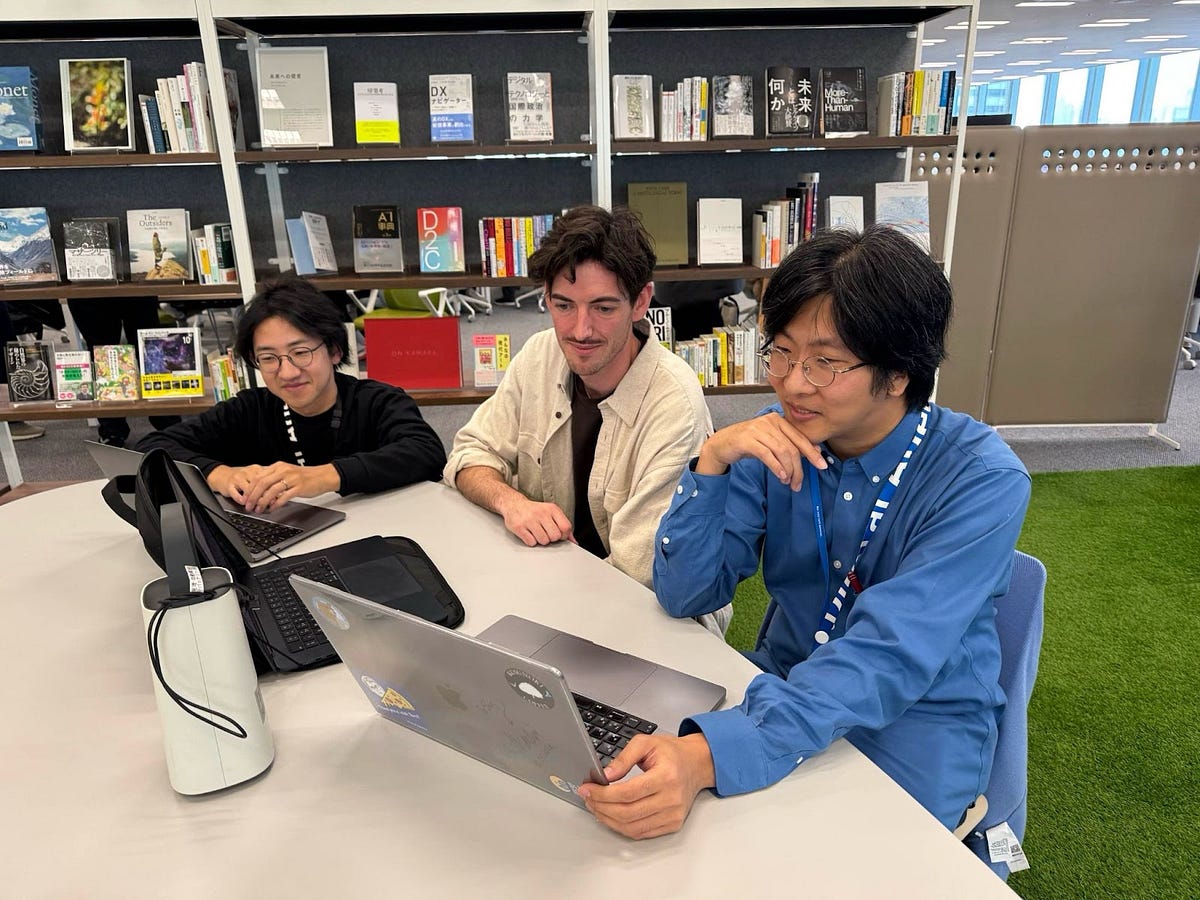
In a world first, Brazilians will soon be able to sell their digital data
"Last month, Brazil announced it is rolling out a data ownership pilot that will allow its citizens to manage, own, and profit from their digital footprint — the first such nationwide initiative in the world. [...]
Today, “people get nothing from the data they share,” Brittany Kaiser, co-founder of the Own Your Data Foundation and board adviser for DrumWave, told Rest of World. “Brazil has decided its citizens should have ownership rights over their data.”"
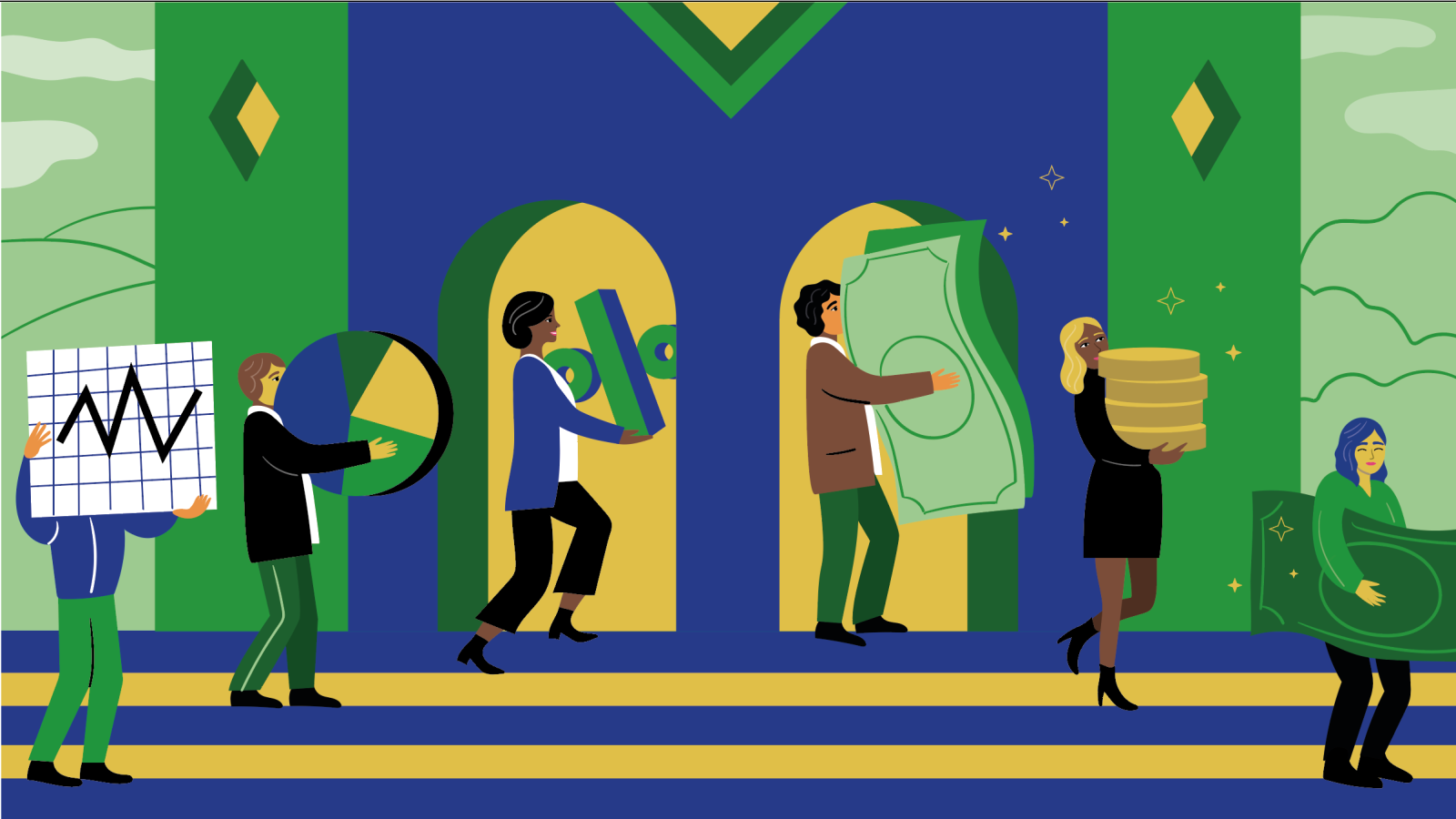
Why do lawyers keep using ChatGPT?
I suspect it's only a matter of time before this sort of thing crops up everywhere, but it's sort of interesting/surprising/depressing it's so prevalent with lawyers at the moment.
"Every few weeks, it seems like there’s a new headline about a lawyer getting in trouble for submitting filings containing, in the words of one judge, “bogus AI-generated research.” The details vary, but the throughline is the same: an attorney turns to a large language model (LLM) like ChatGPT to help them with legal research (or worse, writing), the LLM hallucinates cases that don’t exist, and the lawyer is none the wiser until the judge or opposing counsel points out their mistake. In some cases, including an aviation lawsuit from 2023, attorneys have had to pay fines for submitting filings with AI-generated hallucinations. So why haven’t they stopped?"
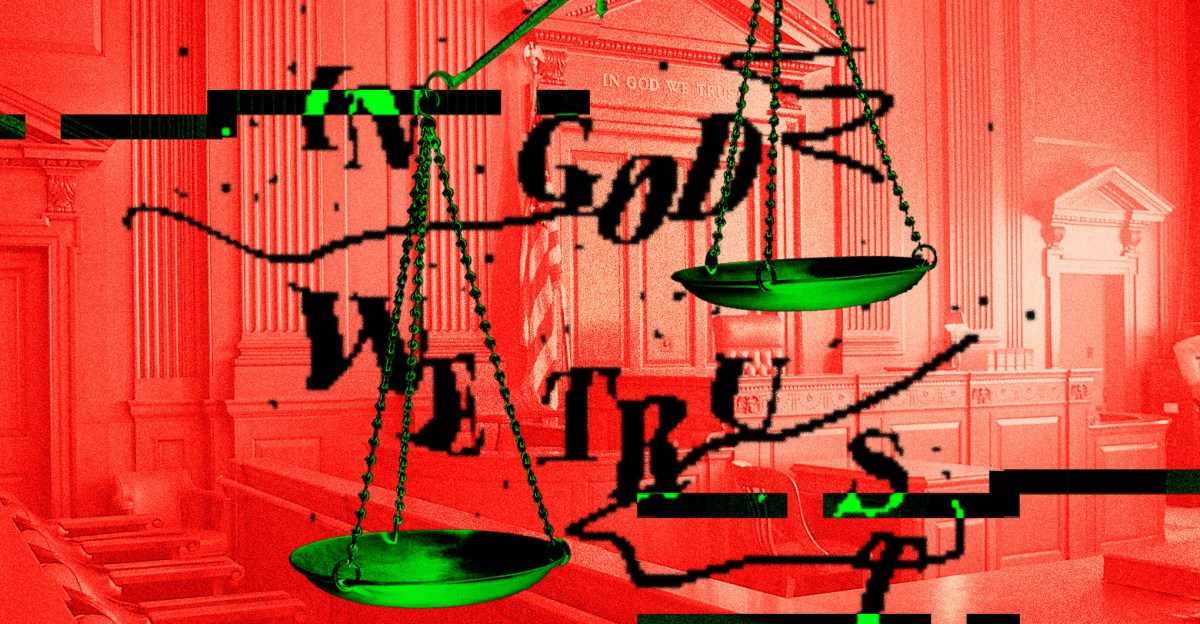
OpenAI slams court order to save all ChatGPT logs, including deleted chats
In a 'yikes' ruling, OpenAI has been ordered to preserve all ChatGPT logs (including deleted chats, regardless of user privacy settings).
OpenAI is, unsurprisingly, appealing the ruling.

The Anatomy of a CEO AI Mandate
Spotted via Storythings' newsletter, a good post from Noah Brier which categorises the various approaches CEOs are taking to talk about AI into Stagecraft, Executors, Peacocks, and Bettors.
"To navigate this moment, companies need more than headlines—they require a way to distinguish between theater and transformation. As AI mandates pile up, it’s getting harder to tell who’s making real changes and who’s just playing to the crowd. This framework helps decode that signal.
We use a 2 × 2 matrix to chart each company's move along two dimensions:
- Horizontal axis — SHOW → DOUGH SHOW = moves optimized for optics, headlines, and social proof. DOUGH = moves that generate real economic value—cost reduction, new output, or operational leverage.
- Vertical axis — GENERIC → SPECIFIC GENERIC = vague aspirations: “AI-first,” “transforming,” “next-gen.” SPECIFIC = clear frameworks: checklists, policies, flows, tools that others could follow tomorrow."

Beyond the Promise webinars
A couple of things coming up.
On Monday (16th June) Chris Unitt and I will be discussing digital readiness.
And then on Monday 30th, I'll be joined by Tash Willcocks to explore how to build a culture of reflection.
You can also watch back the recording from the first webinar in which I unpacked the report's key themes, observations and recommendations (subscribers only).
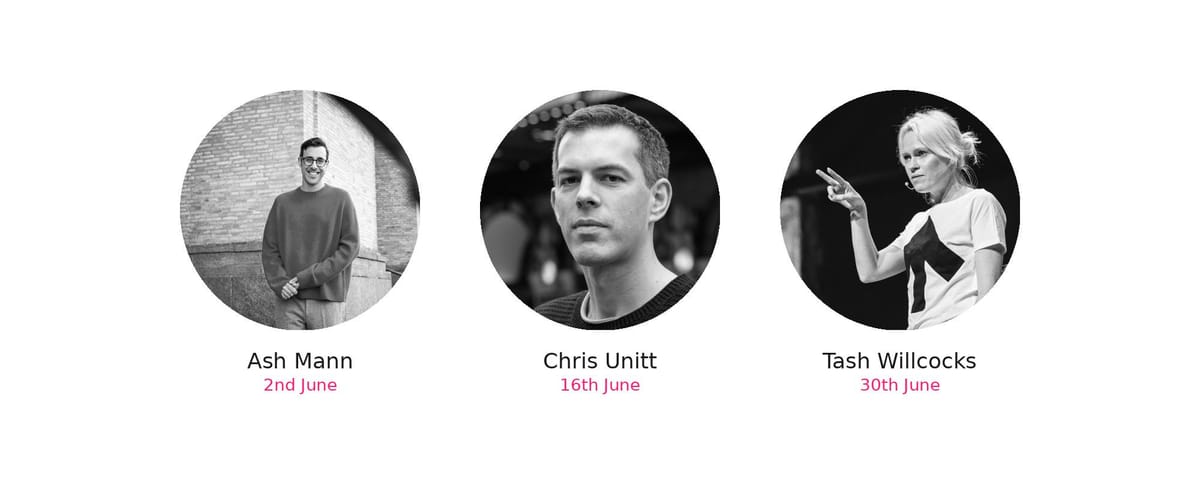
A chat about a new community of practice
Thanks to the people who have already booked on to the call I've organised later this month, and also to those of you who can't make it but have sent me your thoughts. It's great to see such a range of perspectives represented.
What am I talking about?
I’m pulling together a small group of early collaborators to test the waters around a community for people doing digital work in culture.
This will be a community of practice for people working with digital in culture - intentionally broadly defined, because this work ('digital') is broad. It overlaps disciplines, and shares challenges. And while there are great groups focused on specific areas like ticketing, preservation, marketing, or specific artforms, I think there’s real potential value in a space that embraces that mix and a diversity of perspective.
First step?
A one-off, 45-minute (Zoom) conversation on June 26th with a small group of people like you just to test the waters, hear about areas of interest and challenge, and shape the potential direction. No prep required, and no commitment beyond that call.
If you’re curious or might want to be involved, register here.
Can't make it? Then share your thoughts with me on email: [email protected].
It’ll be thoughtful, informal, and (hopefully) useful. At the very least, it'll be interesting.
This week's consumption
I finished Mr Penumbra's 24-hour Bookstore by Robin Sloan which I enjoyed. I also read Kim Jiyoung, Born 1982 by Cho Nam-Joo which was very good, and completely enraging. I'm now on Lessons in Chemistry by Bonnie Garmus.
Patrick Wolf releases his first new album in 14 years today, Crying the Neck. This seems like a good reason to revisit his last album, 2011's Lupercalia, I love that album - and this song, The Days, is a nice, swooning pick from it:
See you in a few weeks
Thanks for reading all the way to the end. I am now definitely on holiday so there won't be a newsletter next week.







